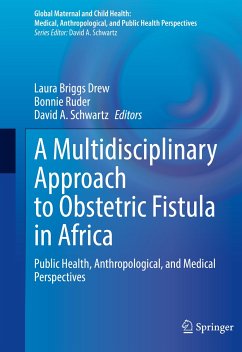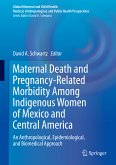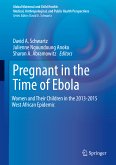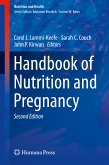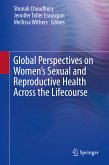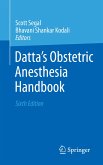This book applies a multi-disciplinary lens to examine obstetric fistula, a childbirth injury that results from prolonged, obstructed labor. While obstetric fistula can be prevented with emergency obstetric care, it continues to occur primarily in resource-limited settings. In this volume, specialists in the anthropological, psychological, public health, and biomedical disciplines, as well as health policy experts and representatives of governmental and non-governmental organizations discuss a scoping overview on obstetric fistula, including prevention, treatment, and reducing stigma for survivors.
This comprehensive resource is useful in understanding the risk factors, epidemiology, and social, psychological, and medical effects of obstetric fistula.
Topics explored include:
- A Human Rights Approach Toward Eradicating Obstetric Fistula
- Obstetric Fistula: A Case of Miscommunication - Social Experiences of Women with Obstetric Fistula
- Classification of Female Genital Tract Fistulas
- Training and Capacity-Building in the Provision of Fistula Treatment Services
- Designing Preventive Strategies for Obstetric Fistula
- Sexual Function in Women with Obstetric Fistula
- Social and Reproductive Health of Women After Obstetric Fistula Repair
- Making the Case for Holistic Fistula Care
- Addressing Mental Health in Obstetric Fistula Patients
- Physical Therapy for Women with Obstetric Fistula
A Multidisciplinary Approach to Obstetric Fistula in Africa is designed for professional use by NGOs, international aid organizations, governmental and multilateral agencies, healthcare providers, public health specialists, anthropologists, and others who aim to improve maternal health across the globe. Although the book's geographic focus is Africa, it may serve as a useful resource for individuals who aim to addressobstetric fistula in other settings. The book may also be used as an educational tool in courses/programs that focus on Global Health, Maternal and Child Health, Epidemiology, Medical Anthropology, Gender/Women's Studies, Obstetrics, Global Medicine, Nursing, and Midwifery.
Dieser Download kann aus rechtlichen Gründen nur mit Rechnungsadresse in A, B, BG, CY, CZ, D, DK, EW, E, FIN, F, GR, HR, H, IRL, I, LT, L, LR, M, NL, PL, P, R, S, SLO, SK ausgeliefert werden.

